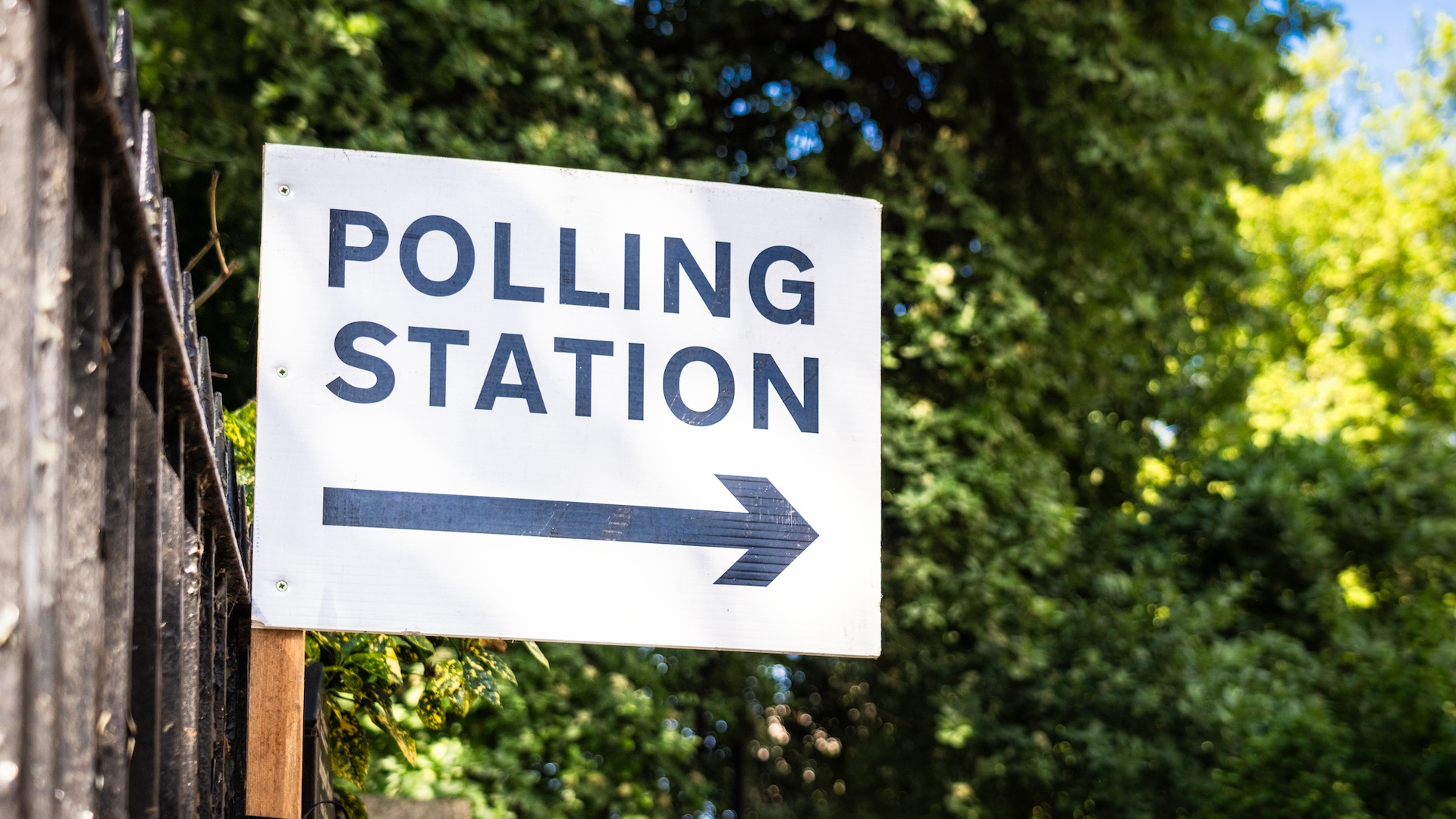As November nears, the stakes of the upcoming 2024 presidential election are coming into clear view — and it’s not hyperbole to say they’ve never been higher. While it’s important to get out the vote, talk politics (if it’s safe to do so) with people who disagree with you, canvas, phone bank, and flex that civic responsibility in November, it’s equally important to focus on the role of local elections and how down-ballot votes support the top of the ticket.
Without the support of mayors, governors, state legislators and representatives voted in by their local electorate, even the best, most common sense, popular policies will be dead on arrival come January 20, 2025.
Unfortunately, local elections are often overlooked, especially during midterm and presidential elections when the media dedicates around-the-clock coverage to national issues. One 2018 study found that most Americans are not aware of how local and state governments work, or who ends up representing them after election day. Researcher and John Hopkins University political science professor Benjamin Ginsberg cited “insufficient media coverage” as a potential cause for this glaring blind spot; in other words, you don’t know what you don’t know.
Yet local elections play a pivotal role in both our communities and the functionality of our national government. Rachel Soneshein, executive director of the Pat Brown Institute for Public Affairs at Cal State Los Angeles, a leading expert in local politics, said it best: “Your mayor and city council members may have more impact on your daily life than you think […] Local politics often have more of a day-to-day impact on your life than you realize.”
Local school board elections, for example, directly influence what is taught in schools and by whom; which students are protected and which are not. Earlier this year, the Sarasota County School Board in Florida voted to reject changes to federal education rules that expanded protections against sex discrimination, a vote that came after Gov. Ron DeSantis vowed to defy new Title IX rules.
Since the fall of Roe v Wade, it has been local — not federal — elections that have protected abortion access in various states, including Kansas, Kentucky, Virginia and Ohio. This fall, more than six states will be deciding the state of abortion access via local ballot initiatives, potentially impacting millions of people with the capacity to get pregnant.
Local elections also have the power to influence the federal government. One 2021 study found that the power of local and state elections have made “multilevel policies more or less interconnected.”
Without the backing and approval of both the House and the Senate, any piece of legislation put forth by a sitting president is nothing more than a political talking point: a campaign promise left by the wayside. A presidential veto can be overridden, executive orders can be overturned and invalidated, and even the most popular of policies — like prohibiting those with restraining orders from purchasing a firearm — can be struck down by an overwhelmingly partisan Congress.
Perhaps nothing highlights the connection between local and federal elections like President Joe Biden deciding to end his presidential campaign and Vice President Kamala Harris emerging as the Democratic nominee for president.
When Biden was the presumptive nominee, Democratic House seats in swing states were in dire straights. Strategists believed Biden’s poor polling was directly impacting state elections. Now that Harris is the Democratic nominee, contested Democratic House and Senate seats have seen a significant bump (the so-called “Harris effect”), leaving many strategists to believe Democrats could take back the House and gain a greater majority in the Senate, making it easier for a possible President Harris to make good on her campaign promises.
In 2021, researchers at the Stanford Institute for Economic Policy Research (SIEPR), showed how state elections impact more broad, overarching policy choices and found that “state legislatures are gaining national prominence because of their role in many important policy areas.” The same study found that local elections impact legislator’s behavior; in other words, voters can push their representatives to better advocate for their best interests, at the local, state and, yes, federal level.
The political process can be complicated and taxing by design. From ongoing gerrymandering efforts to voter suppression tactics, it’s not easy to keep up on political issues at all levels of government while also trying to pay off an often crippling student debt, keeping up with the rising cost of living, and raising a family (if you choose to do so). Still, more people voted in the 2020 presidential election than ever before, proving that it is possible to be politically engaged while still finding time to catch the latest iteration of Love is Blind (guilty!) or Vanderpump Rules (also guilty!).
By paying attention to and voting in local elections, voters can affect more change that, unlike the economic policies of the ‘80s, don’t just trickle down, but up — influencing the highest office in the land, empowering the most aspirational of political candidates and holding the most powerful among us accountable.



















































